The Trump administration has unveiled a comprehensive plan aimed at securing an immediate ceasefire in Gaza, a move that the White House hopes will bring a swift end to the ongoing conflict. The proposal, presented as a U.S.-backed initiative, has reportedly been accepted by Israel, but its success hinges on the cooperation of Hamas.
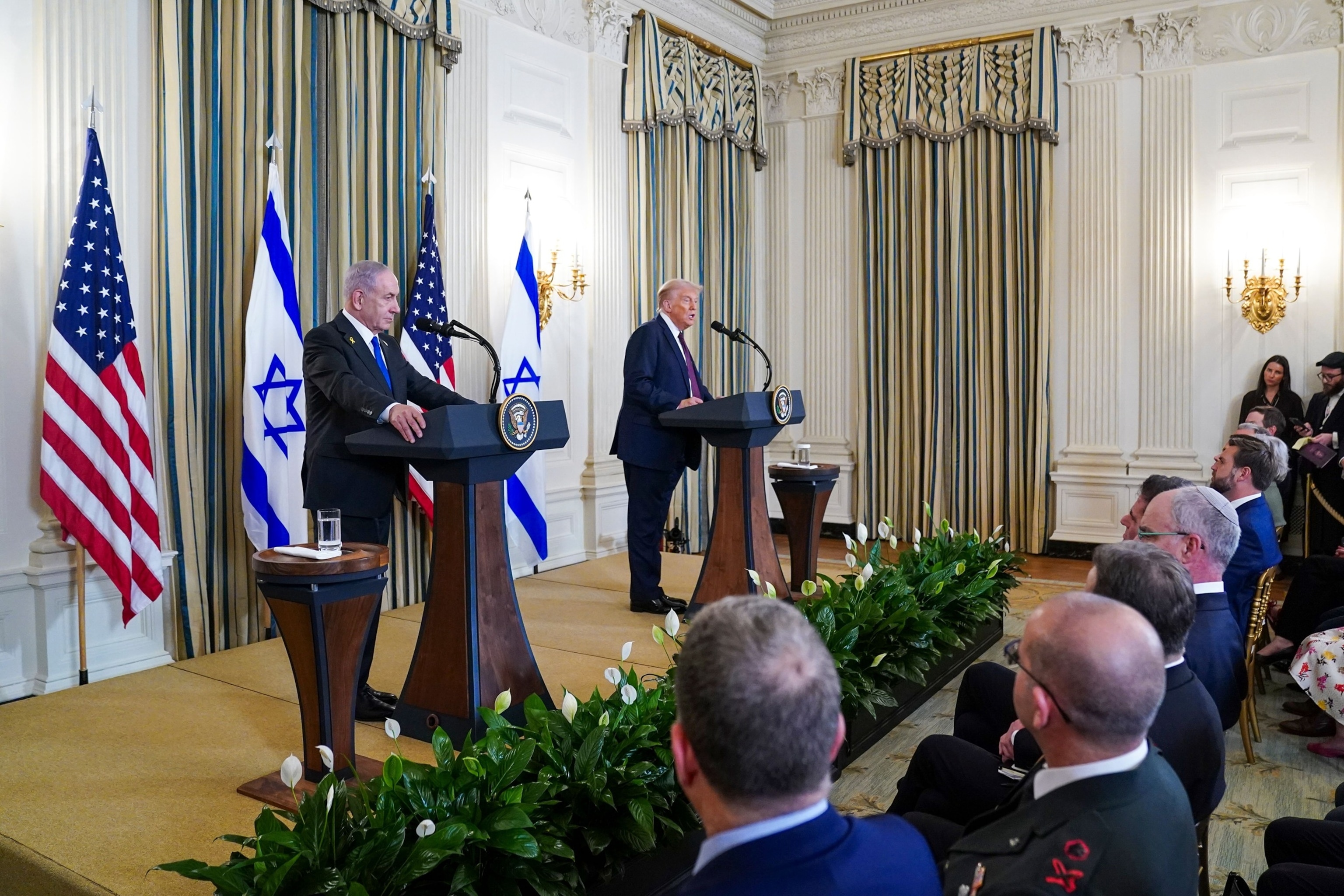
During a joint news conference at the White House, President Trump stated, "We're at a minimum, very, very close" to achieving a breakthrough. Israeli Prime Minister Benjamin Netanyahu, standing alongside the president, echoed this sentiment, suggesting his approval of the proposed framework. "I believe that today we're taking a critical step towards both ending the war in Gaza and setting the stage for dramatically advancing peace in the Middle East," Netanyahu stated.
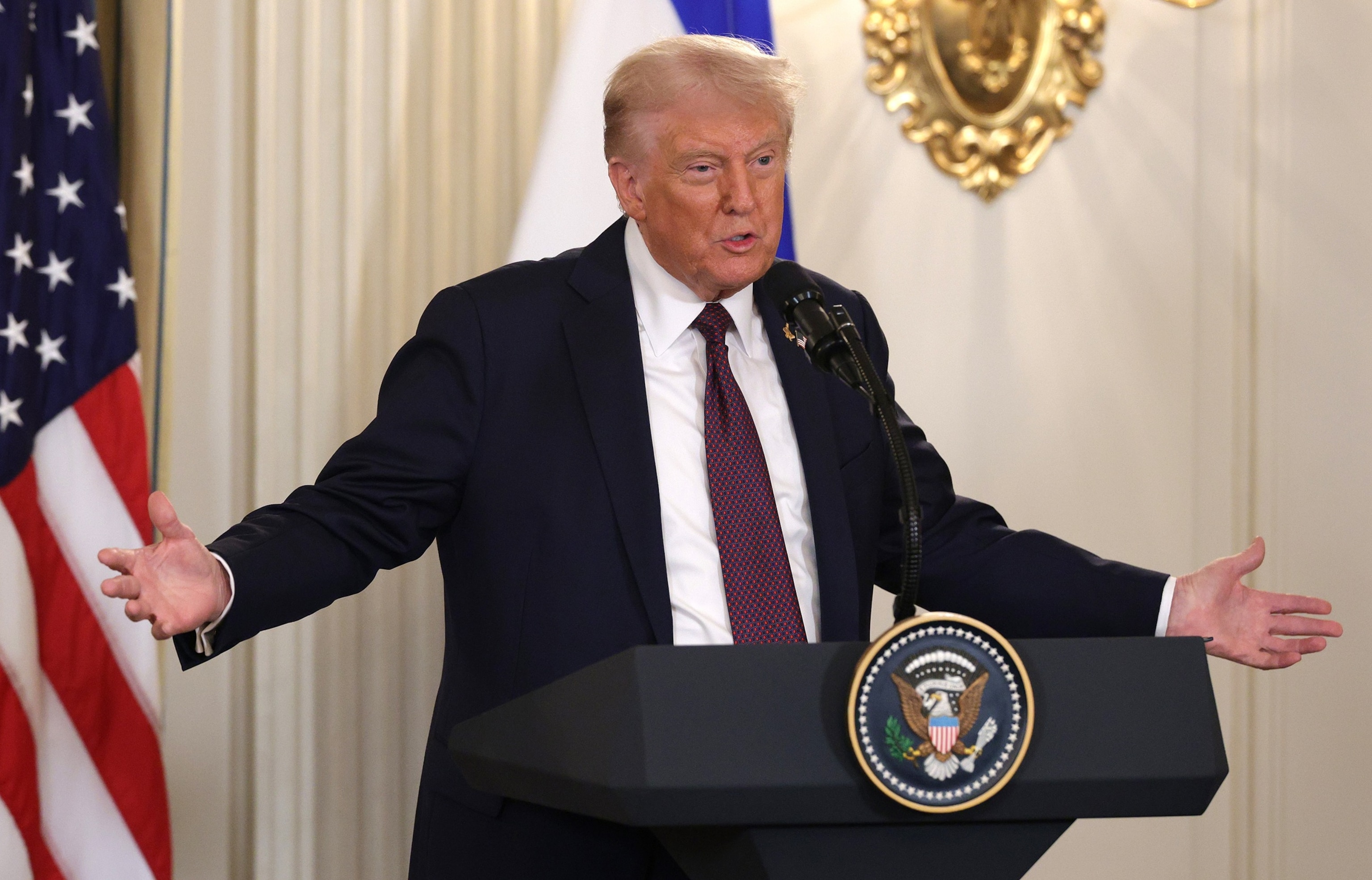
As of yet, Hamas has not officially responded to the statements made by Trump and Netanyahu. However, sources familiar with the negotiations indicate that mediators had not yet fully briefed the group on the specifics of the peace plan.
The White House has released a detailed, 20-point plan that outlines the key components of the proposed ceasefire. A central element of the plan involves the release of all Israeli hostages held in Gaza within 72 hours of Israel formally accepting the agreement.
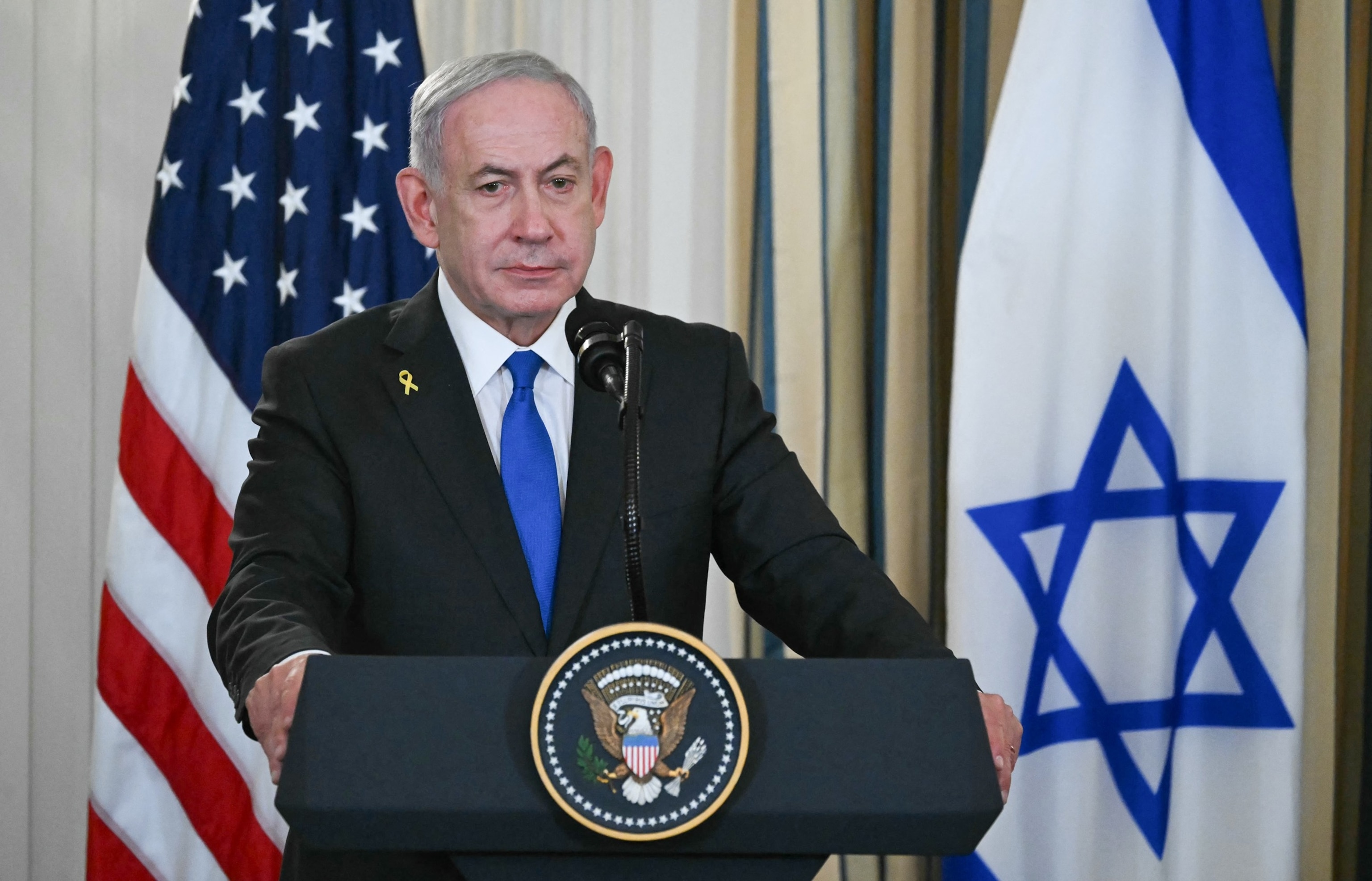
In exchange for the hostages' freedom, the proposal calls for the release of over 2,000 Palestinian prisoners. Furthermore, all military operations would be suspended, and "battle lines will remain frozen until conditions are met for the complete staged withdrawal."
The White House release also includes a provision stating that members of Hamas "who commit to peaceful co-existence and to decommission their weapons will be given amnesty" if the deal is implemented.
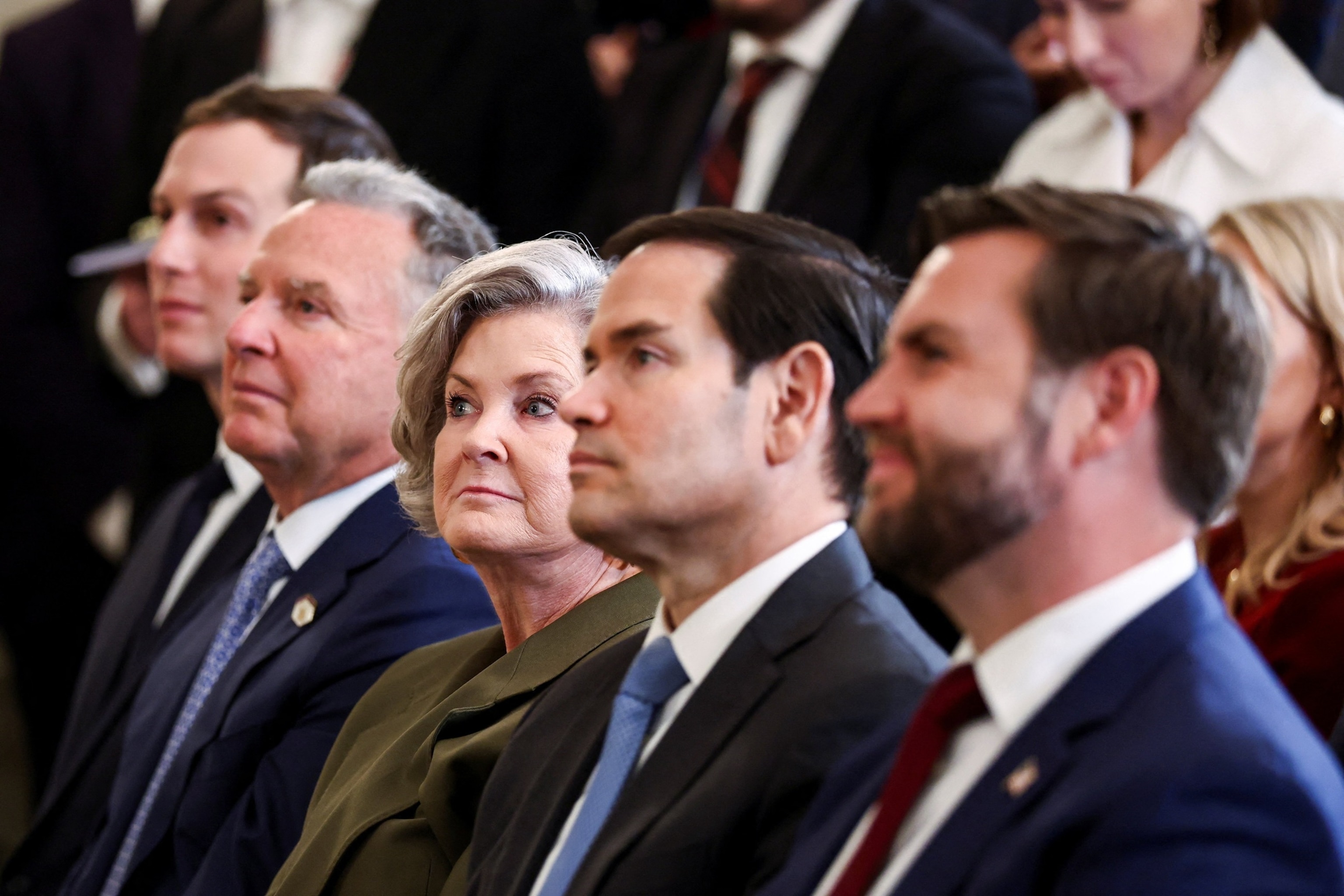
The plan also addresses the potential fate of Hamas members who choose not to remain in Gaza, stating that "Members of Hamas who wish to leave Gaza will be provided safe passage to receiving countries."
Despite not being directly briefed on the plan prior to its release, Hamas officials were reportedly contacted by Qatar's prime minister and Egypt's intelligence chief, who shared the details of the proposal. Hamas negotiators have indicated that they will review the plan in good faith and provide a response.
Steve Witkoff, President Trump's Special Envoy for the Middle East, emphasized the administration's commitment to facilitating communication regarding the framework's terms to Hamas. "We have to set up success," Witkoff told reporters, adding, "This is a complicated deal to hand off from one government to another."
President Trump made it clear that if Hamas rejects the terms of the agreement, Israel would have his "full backing" to "finish the job of destroying the threat of Hamas." Addressing Prime Minister Netanyahu directly, Trump stated, "Bibi, you'd have our full backing to do what you would have to do."
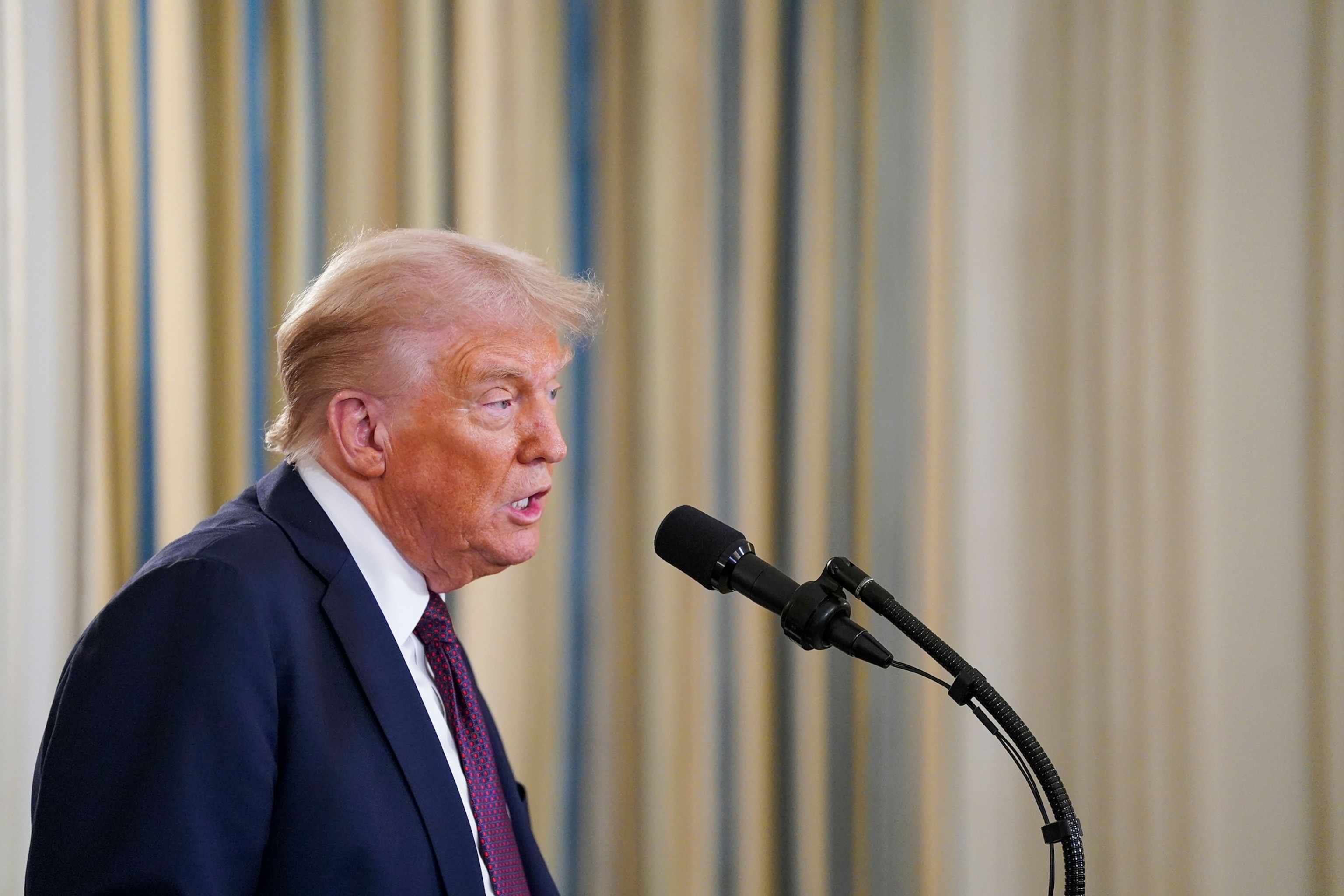
Netanyahu reinforced this stance, asserting that Israel would not hesitate to resume its military campaign against Hamas if the group refuses the deal or violates its terms. "This can be done the easy way, or the hard way," Netanyahu said. "But it will be done."
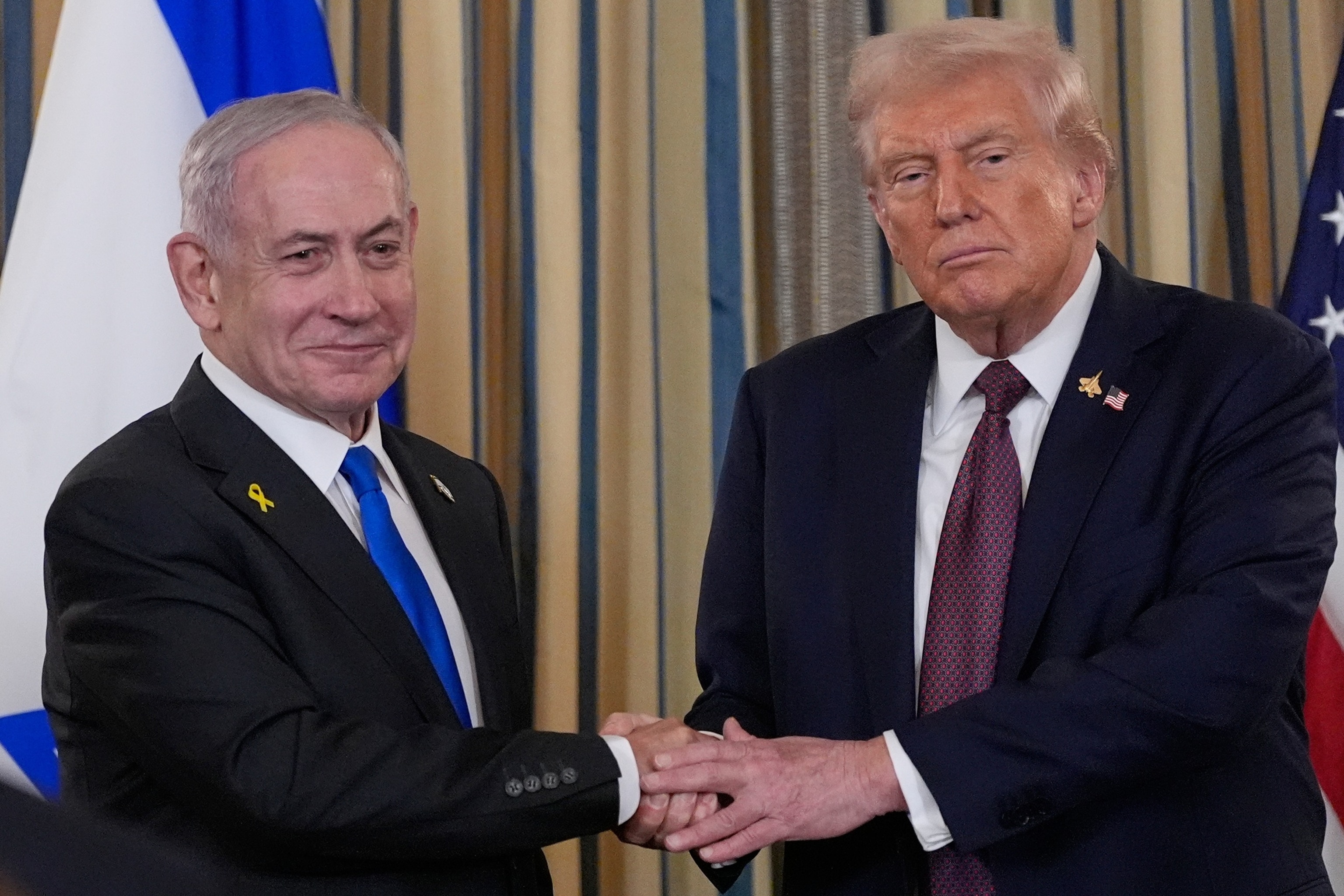
The joint appearance concluded without Trump and Netanyahu taking questions from reporters. Trump explained, "I think while we wait for these documents to be signed and get everybody in line, I think it maybe is not really appropriate to take questions." Netanyahu concurred, adding, "I would go by your instinct -- we'll have enough time for questions. Let's settle the issue first."
Key Elements of the Proposed Plan
While Hamas's participation is crucial to the overall success of the plan, some aspects of the proposal suggest that the Trump administration anticipates certain elements being implemented regardless of the group's acceptance. These include:
-
Creation of an International Stabilization Force (ISF): The proposal calls for a temporary ISF, comprised of Arab and other international partners, to oversee security in Gaza.
- The ISF would be responsible for training and supporting vetted Palestinian police forces and will consult with Jordan and Egypt, leveraging their extensive experience in this area. The plan envisions this force as the long-term internal security solution for Gaza.
- IDF Handover of "Terror-Free Areas": Even if Hamas rejects the proposal, the IDF would "progressively hand over" areas of Gaza it occupies that are deemed "terror-free" to the SDF (presumably, a reformed Palestinian security force), where expanded aid operations would commence.
- Hostage Release Timeline: The proposal stipulates that all hostages held in Gaza should be released within 72 hours of Israel publicly accepting the agreement. This ambitious timeline may be intended to exert pressure on Hamas.
However, securing Hamas's agreement remains a significant challenge. While the plan offers amnesty and safe passage out of Gaza for Hamas fighters, the release of all hostages would leave the group with limited leverage to ensure the terms of the deal are upheld.
The framework also includes a critical condition stating that "Hamas and other factions agree to not have any role in the governance of Gaza, directly, indirectly, or in any form."
Israel Under Pressure
Despite the seemingly close relationship between Trump and Netanyahu during their public remarks, there are indications that Israel has faced diplomatic pressure to align with the Trump White House agenda.
Earlier, the White House announced a three-way phone call between Trump, Netanyahu, and the Prime Minister of Qatar. During this conversation, Netanyahu reportedly "expressed his deep regret" that an Israeli missile strike in Doha, targeting Hamas officials, had "unintentionally killed a Qatari serviceman."
Sources familiar with the call revealed that it was initiated at the request of the White House. It's been suggested that Trump has grown increasingly frustrated with Netanyahu in recent days, viewing him as an obstacle to achieving peace.
Netanyahu had previously defended Israel's right to strike Hamas targets in Qatar, drawing criticism from his far-right political allies. However, the Trump administration viewed the conversation as essential for easing tensions with Qatar, a key mediator in efforts to resolve the conflict in Gaza, and for bolstering support among Arab partners for the White House's proposal.
The foreign ministers of Qatar, Egypt, Jordan, the United Arab Emirates, Indonesia, Türkiye, and Saudi Arabia issued a joint statement welcoming Trump's proposed ceasefire plan, expressing their "confidence" in "his ability to find a path to peace."
A New Gaza Shaped by Familiar Figures
The proposal envisions a significant role for the U.S. in the reconstruction of Gaza, although it does not explicitly call for transforming the region into the "Riviera of the Middle East," as Trump had previously suggested.
The framework outlines the establishment of a "temporary transitional governance" comprised of "qualified Palestinians and international experts," overseen by a "Board of Peace" to be "headed and chaired by President Donald J. Trump."
Former UK Prime Minister Tony Blair is also slated to be a member of the board, which will be responsible for setting the framework and managing the funding for Gaza's redevelopment until a reformed Palestinian Authority can assume control.
Blair stated that Trump's "willingness to chair the Board of Peace to oversee the new Gaza is a huge signal of support and confidence in the future of Gaza, of the possibility of Israelis and Palestinians finding a path to peace and of the potential for a broader regional and global alliance to counter the forces of extremism and promote peace and prosperity between nations."
Jared Kushner, Trump's son-in-law and a key figure in Middle East diplomacy during his first term, also played a role in formulating the plan for Gaza's economic future. Kushner, credited with helping to broker the Abraham Accords, participated in discussions with Trump, Netanyahu, and Witkoff leading up to the announcement of the peace proposal.


No comments:
Post a Comment